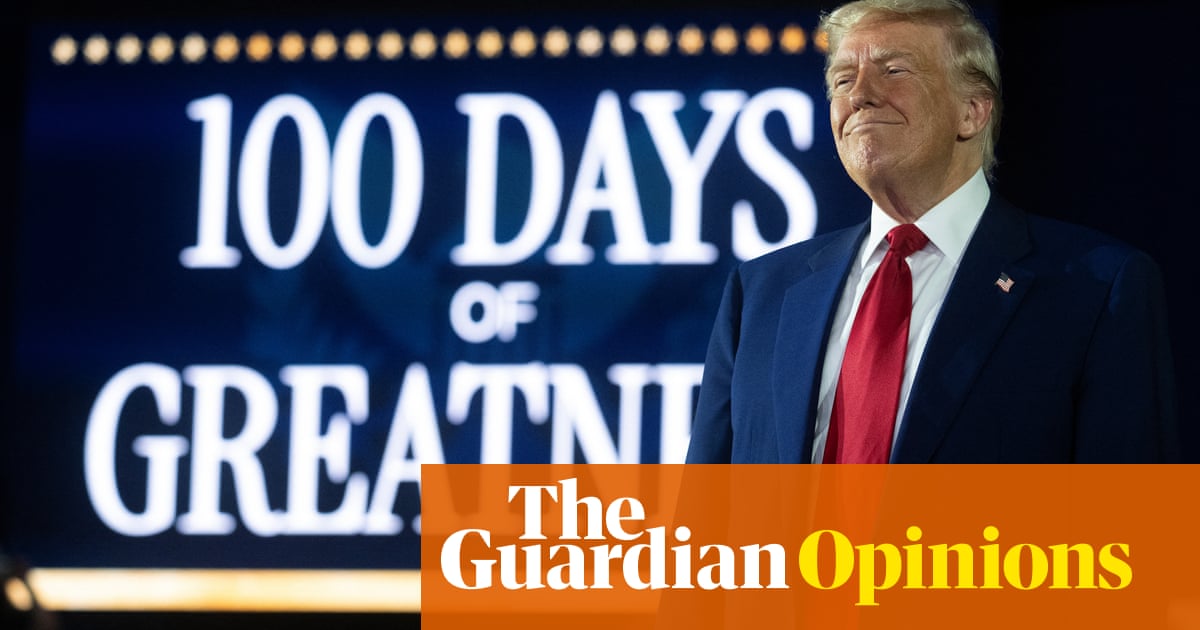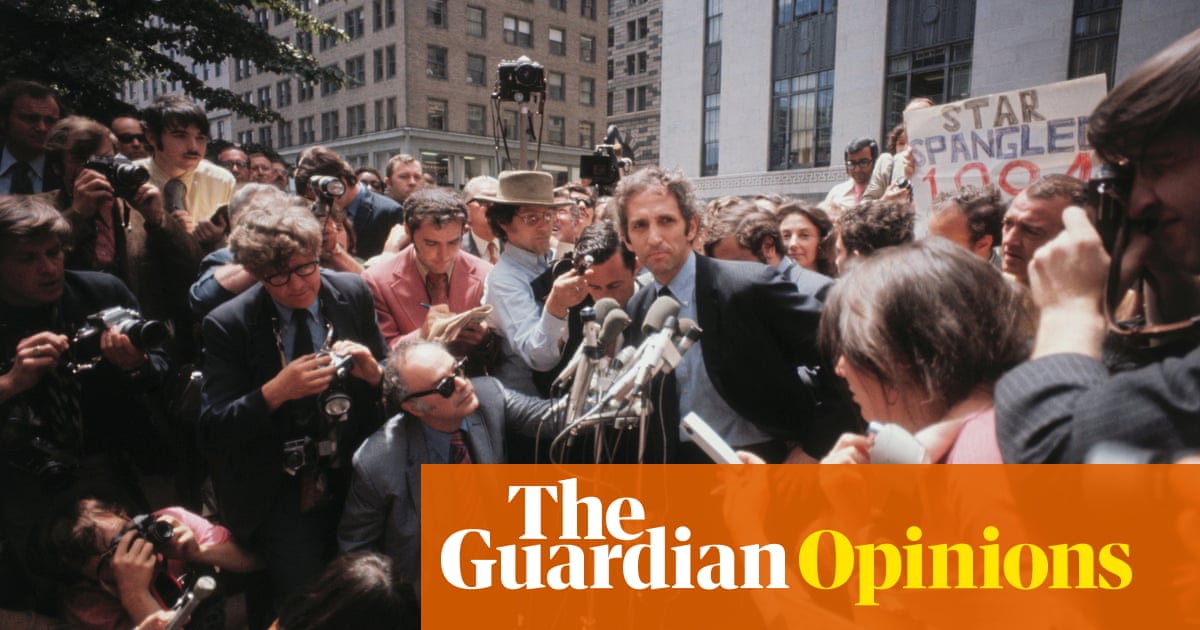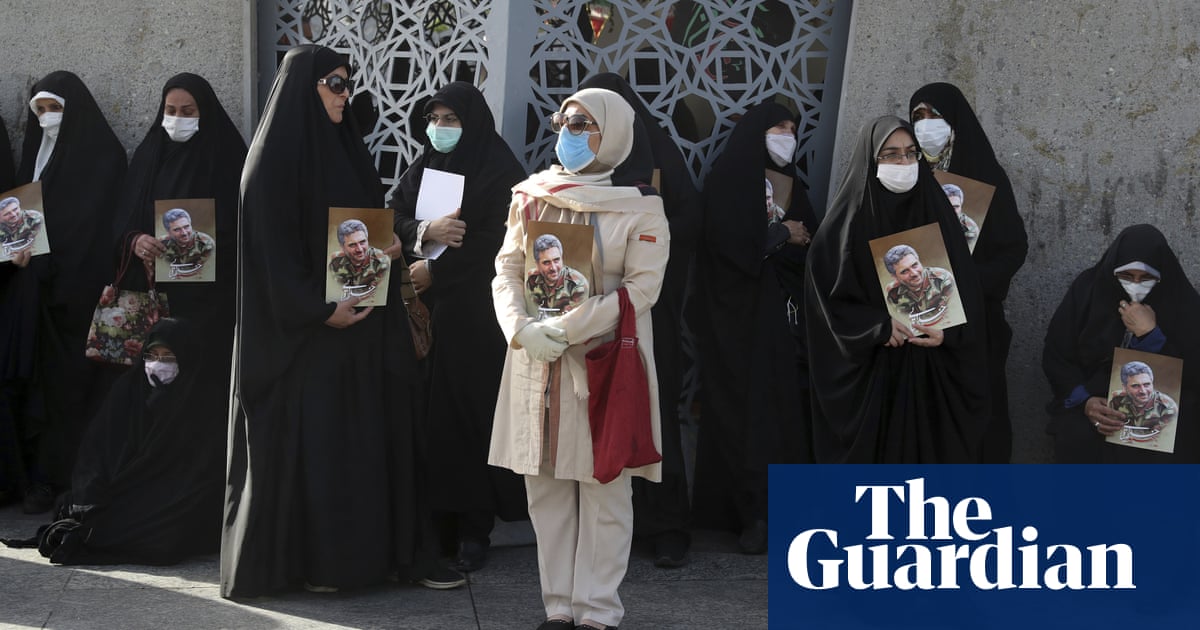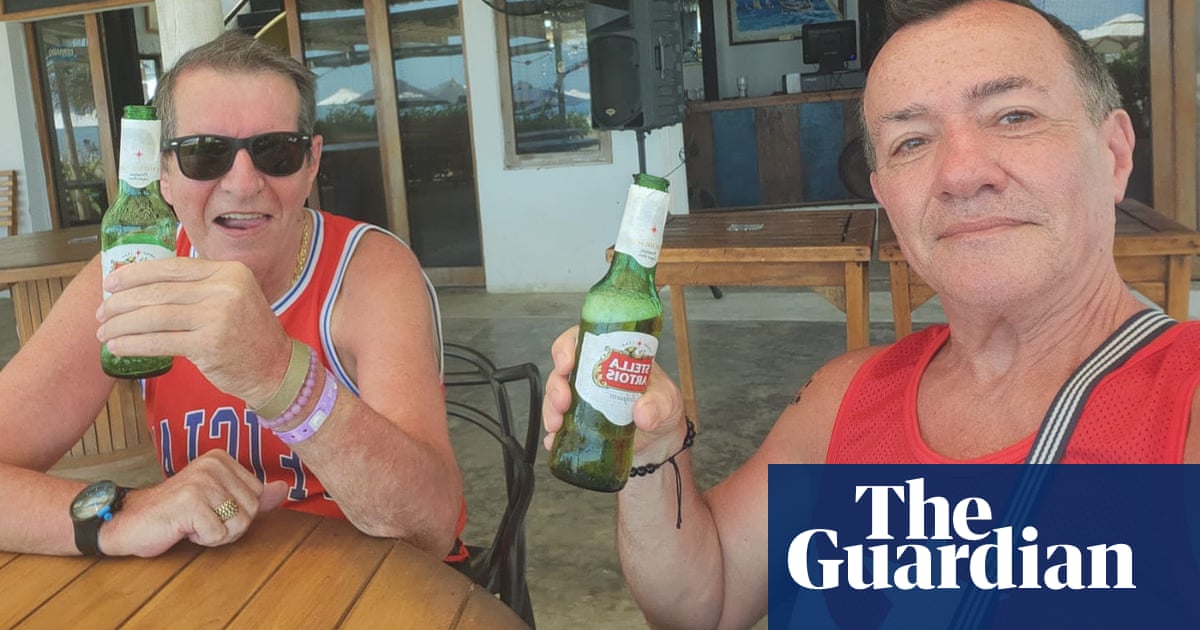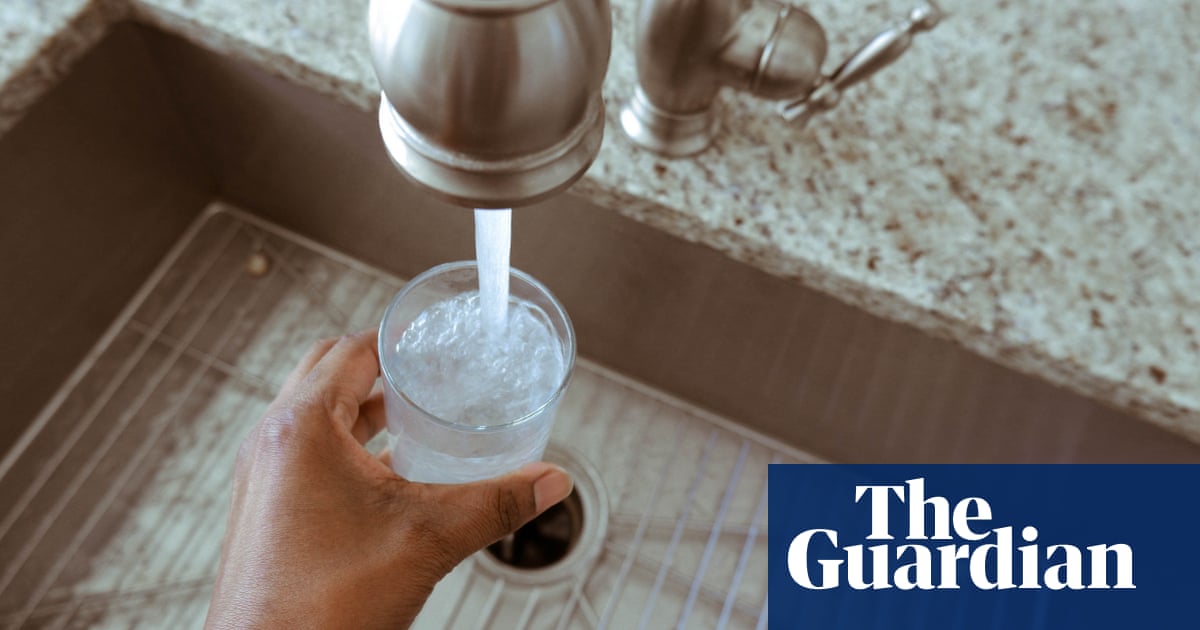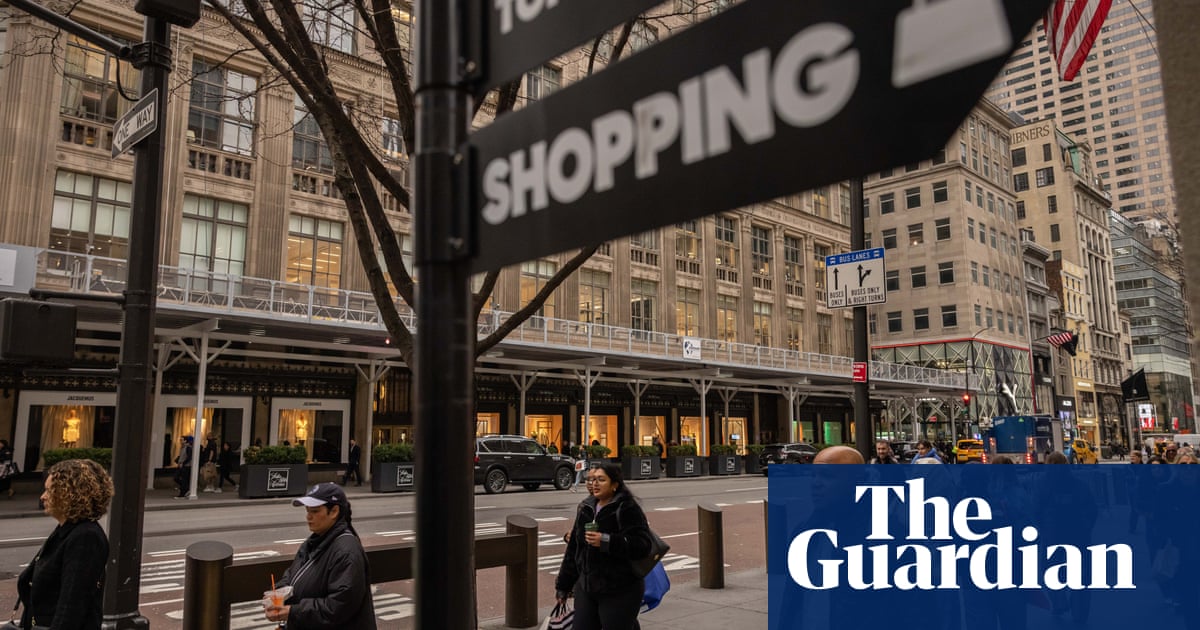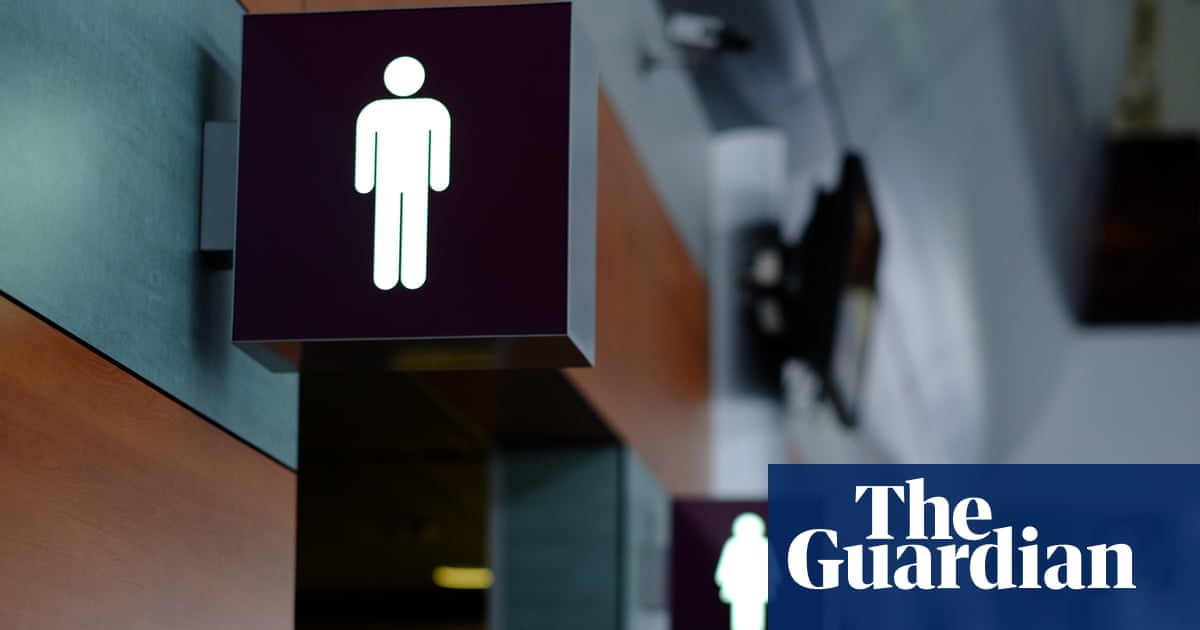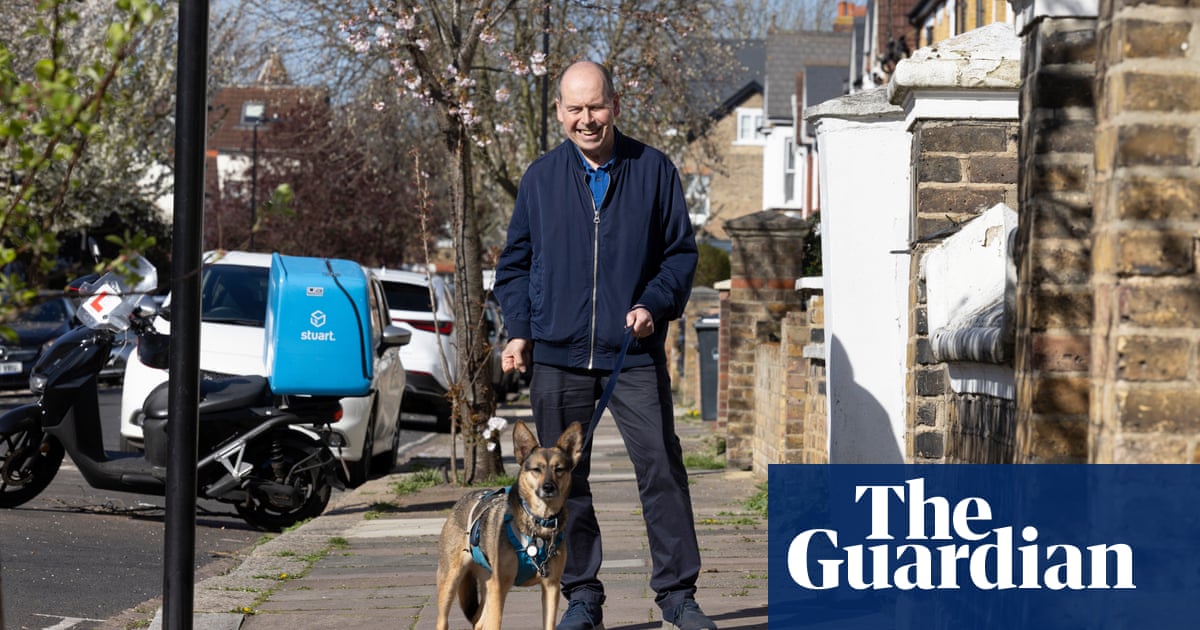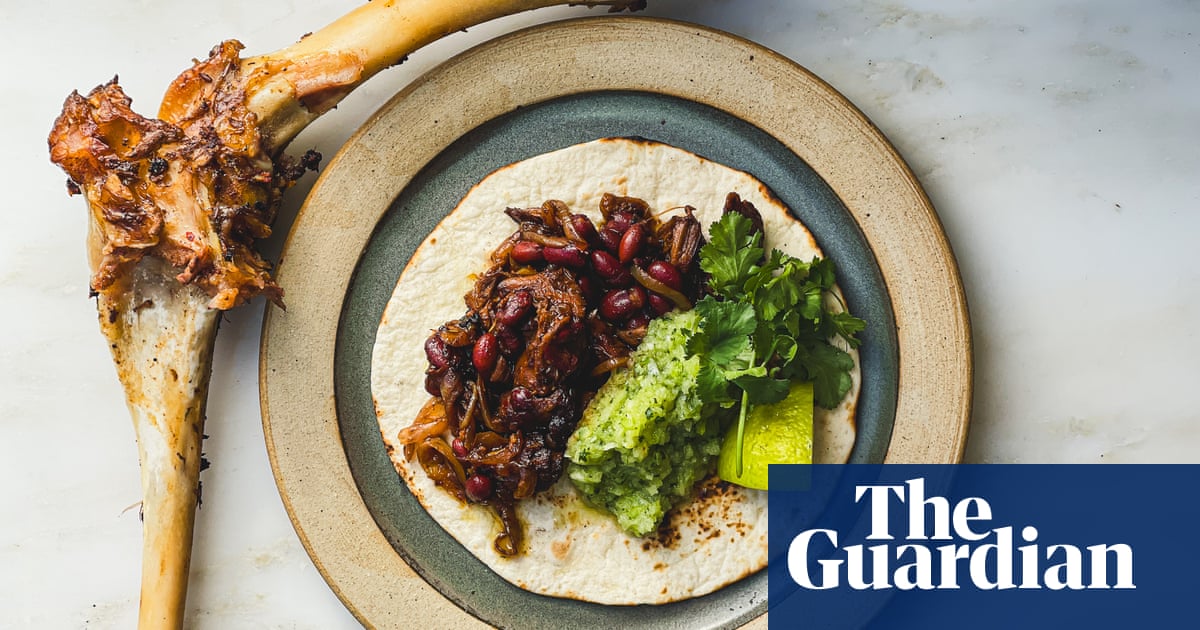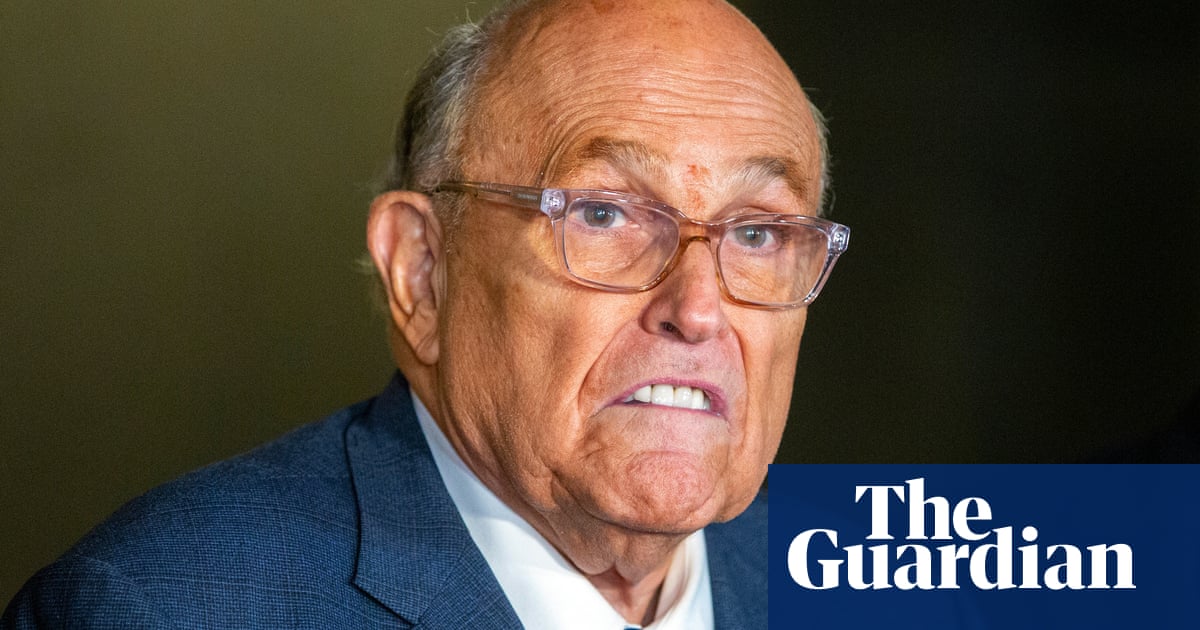Countries across the world are cutting aid budgets, abandoning the decades-old consensus that supporting health and development is both a moral duty and a strategic interest. But the end of aid cannot mean the end of global solidarity – because our global economy is stacked against low- and middle-income countries to such an extent that they simply cannot afford to respond to global crises alone.
Developing countries are drowning in debt, facing interest rates up to 12 times higher than wealthy countries. When interest rates shot up after Russia’s invasion of Ukraine, the global south was worst hit. Low- and middle-income countries now pay $4 (£3) to the richest in the global north for every $1 they receive in aid. Thirty-four of Africa’s 54 countries spend more on debt than on healthcare.
Faced with such an overwhelming fiscal burden, governments would normally turn to taxes, asking the wealthy and corporations to pay their fair share. But while African countries spend $144bn on health every year, they lose $88.6bn to illicit financial flows – two-thirds of it to corporate practices such as aggressive tax planning. And where is it going? Of all global tax losses, 69% is channelled through rich countries and their dependencies.
I lead the Joint United Nations Programme on HIV/Aids (UNAids). We are working with developing countries to move towards full ownership of their HIV responses. But this will take time, as they lack the fiscal space needed. According to UNAids, the US government paid for 82% of the HIV response in Zambia and 70% in my home country, Uganda. This money saved countless lives but left countries vulnerable to external political changes such as those we are seeing today.
In January, key components of the US President’s Emergency Plan for Aids Relief (Pepfar) were paused for review. UNAids has calculated that if Pepfar isn’t fully reinstated, by 2029 there will be an additional 4 million Aids-related deaths and 6 million adult new infections. This would reverse years of hard-won progress in the global HIV response and threaten global health security – a catastrophic outcome.
Global problems will always require global solutions. But solidarity between nations does not necessarily need to come in the form of aid. By upending the inequalities of the global economy, we can give lower-income governments the means to invest in their own people.
First, governments must relieve the chokehold of sovereign debt. During the Covid-19 pandemic, the G20 established the common framework, a mechanism to help developing countries struggling with debt. Despite the urgency, it took several years of negotiations for only three countries (Chad, Zambia and Ghana) to qualify for partial debt relief. Much stronger action is needed to bring public and private creditors to the negotiating table on equal terms. More than 30 countries are either in debt distress or at high risk of it – and they need urgent relief.
Second, the richest need to pay their fair share. The wealth of billionaires soared by $2tn in 2024, but they paid an effective tax rate of just 0.3%.
Last year, the G20 made some progress towards global minimum wealth taxes, with leaders for the first time agreeing to “engage cooperatively to ensure that ultra-high-net-worth individuals are effectively taxed”. It was a small, but significant, step. Yet when the UN moved towards negotiating a framework convention on international tax cooperation in 2024, despite most member states voting in favour, eight of the wealthiest voted against.
Third, governments need to treat lifesaving medicines not as commodities, but as global public goods. This has been one of the great successes of the HIV response – whether someone lives in Ukraine or Uganda, they can access the same high-quality, low-cost medicines.
But that did not happen overnight. In the early years of the Aids pandemic, 12 million people died in Africa while pharmaceutical companies refused to make patented HIV medicines available or affordable for developing countries. Then, a global movement of activists and international partners put pressure on pharmaceutical companies to lower prices and share their life-saving technologies. Countries of the global south cooperated, and generic manufacturers slashed the annual cost of HIV treatments from $10,000 per person per year to as low as $50 today.
Yet patents on life-saving medicines remain a fundamental barrier. In the pandemic, I co-founded the People’s Vaccine Alliance, which fought to suspend intellectual property rules on Covid-19 vaccines, tests and treatments – to enable low- and middle-income countries to produce pandemic-ending tools for themselves. Today, the renamed People’s Medicines Alliance is part of a movement fighting to ensure that all low- and middle-income countries can access the latest breakthrough in HIV medicines – long-acting drugs that can prevent transmission with injections just twice a year.
Lenacapavir, owned by the US pharmaceutical company Gilead Sciences and tested in low- and middle-income countries in Africa, Asia, and Latin America, costs about $40,000 per patient per year in the US. But research shows that, if produced at the right scale, a generic version could cost just $40. Rolling out such innovative long-acting tools globally could help to halt the majority of new HIV infections and put the world on track to end Aids.

To help shift the balance from profits to public good, the economist Joseph Stiglitz proposes a sustainable alternative: replacing patents with prizes. Instead of granting monopolies to reap profits, governments could pool resources to award large sums of money to innovators who open-source their technology and ensure that scientific breakthroughs are shared around the world. It is a bold vision. In our fractured world, we can only cement global solidarity if everyone benefits.
When president John F Kennedy established USAID in 1961, he viewed it as the US’s “great opportunity” to secure peace and prosperity in its relationships with the global south. And for any nation seeking to influence a globalised world, it makes financial sense, as preventing conflict is 100 times cheaper than responding to it.
Yet today, governments are pulling back from a system that, for all its flaws, has delivered peace and security for many. Millions of people still rely on aid to stay alive, and dozens of governments rely on it to maintain essential services. Developing countries cannot absorb the impact of lost aid overnight.
In a world of plenty, we should not need to choose between health, prosperity and security. If governments cooperate to build a fairer world economy – by cracking down on tax abuse, relieving the crushing burden of debt and treating lifesaving innovations as global public goods – we can pull global solidarity back from the brink and save lives.
-
Winnie Byanyima is executive director of UNAids, a UN undersecretary general and co-chair of the People’s Medicines Alliance

 5 hours ago
3
5 hours ago
3


